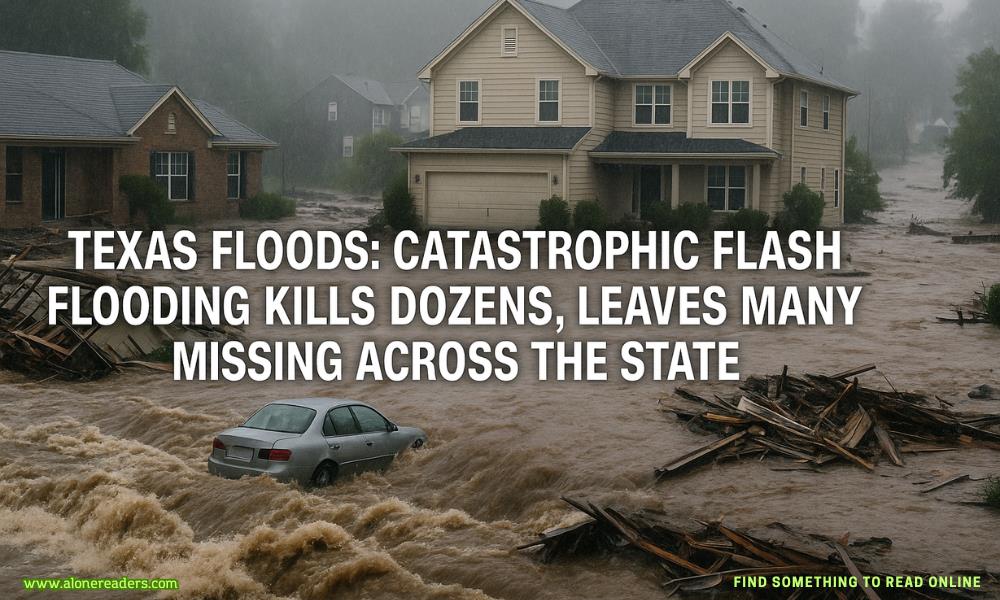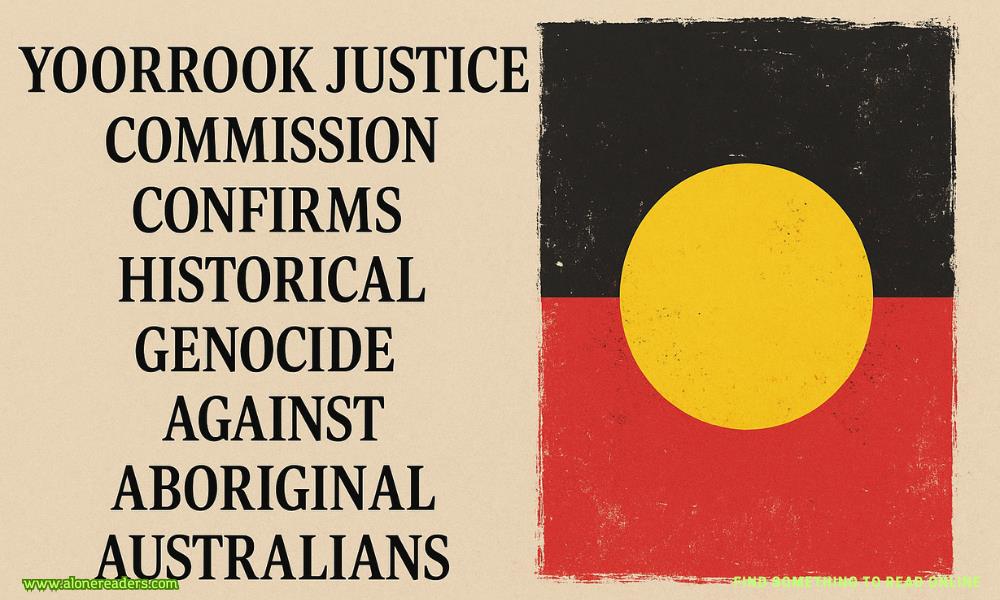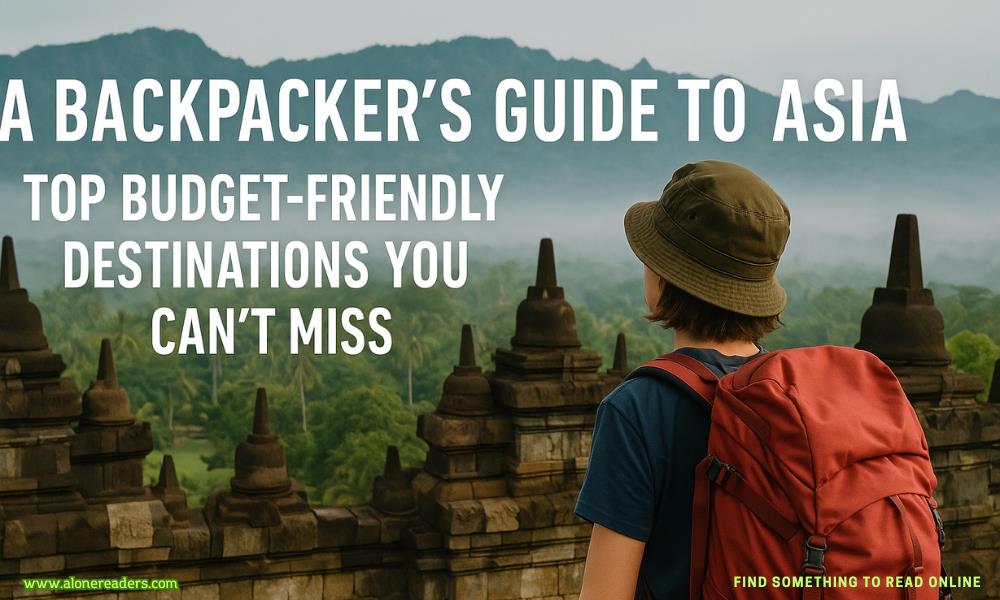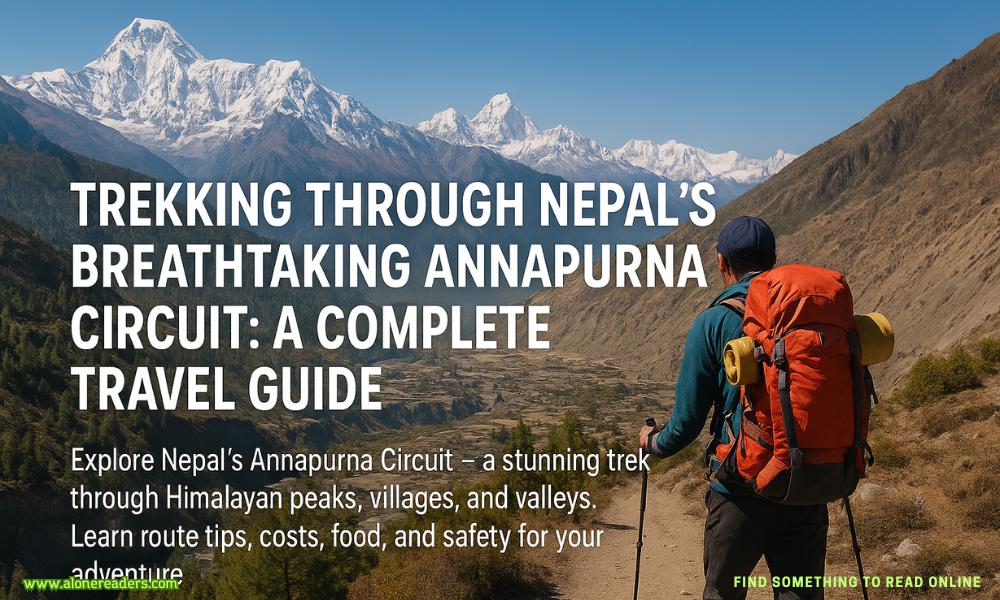Page 13 of Famine
By the time I’m done, the cart is nearly overflowing with supplies. I feel a small spark of excitement.
I’m leaving Laguna. Permanently. I never thought I’d actually escape this city.
But before I do so, I make a final stop back inside my room. I stand just inside the threshold for several seconds, taking the place in. These four walls have been mine for years, and I have all sorts of memories in here—most of them unnerving, some degrading, but then I have plenty of happy memories here too. It’s a funny, uncomfortable thing, remembering it all. I’d practically sold my soul to The Painted Angel. I thought this was all I’d ever be.
Slowly, I begin to meander around the room. My eyes pass over a series of paintings hanging on my walls of nude women lying in various, suggestive positions. Elvita called them tastefully sensual when she had them put up. Leaning against one wall is a gilded mirror. Across the room is the window with my mostly dead plants and near that is a single shelf that holds a blown glass vase, a book of erotic poetry and a basket full of seashells.
My gaze drops to the chest at the foot of my bed before moving to my closet and the filmy clothing hanging inside. Lastly my gaze stops at my vanity, with the glass vials of perfume and my bag of makeup. I move over to the low table, my fingers skimming over the wood. There’s a small wooden jewelry box next to a jar of lotion and my oil lamp.
All of it is so impersonal. The closest I get to any meaningful belongings is in a box pushed to the back of my closet, but even that holds nothing much of value. Just a small, carved horse I bought with my first paycheck, a stack of letters several different admirers wrote to me, a bracelet Izabel once braided for me and a couple other knickknacks.
None of it is particularly sentimental, and I find that I don’t want to take any part of this past of mine with me. Not the makeup, not the clothing, not any of the mementos. These things are reminders of who I have been forced to be. But I don’t intend to stay that woman. Not any longer.
On a whim I blow the room a kiss and walk out of there, shedding the past like a second skin.
I leave the city and get out just far enough to leave the stench of death behind. Then I stop and pitch the tent, and I stay put for well over a week, letting my wounds heal. I keep my weapons close—highwaymen are infamous for committing all sorts of crimes against travelers—but my fear is unnecessary in the end. I don’t see or hear a soul.
Once my wounds are healed enough, I begin traveling. And traveling and traveling. The days blur together, one bleeding into the next until the days become weeks. My progress is slow, both because of my injuries, and because I have to stop to scavenge for food—which is a pretty way of saying that I have to enter more cities full of the rotting dead, and I have to break into more homes and steal food from those who no longer need it.
There’s also the issue of following in Famine’s wake. There’s no one to ask for directions, so I have to use my intuition when tracking the horseman. To be honest, it’s not too difficult. The man kills off crops wherever he goes, so it’s a simple matter of following the dead fields and orchards.
And everywhere I go, there are bodies. In trees, next to fields, strewn across the road, outside of homes and outposts, and everywhere in between—all of them caught up in those awful plants. The sound of flies buzzing has become almost constant. I was foolish to think that leaving Laguna would somehow insulate me from the sight of so much death. That’s all that’s left of these towns and cities.
But even though the journey is full of horrors, there’s beauty too. I see kilometer after kilometer of the Serra do Mar, the mountain range that stretches like a reclining woman along the coast. I hear the call of birds and insects that I never heard so crisply while living in the city. And sometimes, when the night is clear, I forgo the tent altogether and sleep under the stars, staring up at those distant lights.
So it’s not all bad.
Not to mention that living through the end of the world means no more sex work for me, andthatmeans I don’t have to give a shit what my face or body looks like. Which is nice. Also, I don’t have to have a horny, heavy body bearing down on me. That’s nice too.
Fuck it, even after everything, I’m still an optimist.
The entire time I ride, I only end up seeing one other soul. I happen across him while passing through the coastal town of Barra Velha. I don’t know who he is or why he was spared, but my best guess is that he was a fisherman out at sea when Famine struck his town. It makes me wonder if during that first feverish week after the horseman’s attack some other local fishermen docked back in Laguna, coming ashore only to find a city full of death. The thought has the hairs along my arms standing on end.
I don’t approach the weeping man—though I do wave at him when he glances up at me, his eyes going wide. A month ago I might’ve stopped to talk to him and make sure he was okay, but a month ago I had a little more heart and a little less vengeance.
The trail I follow turns inland, and the bodies I pass seem … fresher. That’s when I know I’ve just about caught up to Famine. By then, it’s been roughly a month since I was stabbed. I can’t imagine I’m even a flicker of a thought in the horseman’s mind.
Just considering that has my anger rising anew. He might’ve forgotten me—twice now—but I have to live with the horrors he’s inflicted. Movement still pulls at my wounds, and then there’s all the pain that isn’t physical. I couldn’t forget that if I tried.
I finally catch up to the horseman in Curitiba, and I know it only because I can hear the moans carried on the wind.
I stop my bike, gazing at the city’s skyline. I’ve seen skyscrapers before, but I’ve never seen so many, all of them clustered so close together.
Humans made those.
Sometimes people talk about what it was like before the horsemen came, their voices full of wistfulness. The past sounds like a dream, one that, most of the time, I can’t believe. But then there are moments like this one, when I stare at the incredible evidence that once man’s abilities rivaled God’s.
It’s only as I get closer that I notice how decayed they are. Many of them look like molting snakes, half of their surfaces fallen away. Vined plants seem to have taken root in the bones of these skyscrapers, making them appear even more ancient than they must be.
The horsemen only arrived a quarter of a century ago, and yet this city looks a thousand years old.
A moan tears my gaze from the buildings.
Not three meters from me a young woman is caught up in the twisting branches of one of the horseman’s plants, this one producing clusters of bright berries. There’s a thick vine wrapped around her neck, but it’s not tight enough to suffocate her—yet anyway.
Dismounting off my bike, I grab one of the knives I packed. Approaching the plant, I begin to rip away at the branches. In response, the branches encircling the woman tighten, causing her to choke. Her eyes bulge a little—either from fear or suffocation. Frantically I begin hacking away, trying to get to her. All at once the plant squeezes the woman impossibly tight. I hear some awful, snapping noises. The woman’s eyelids flutter and the light leaves her eyes.
“No.” I choke out.
- Daddy's Accidental Babies by Sofia T. Summers
- Death by Michelle Heard
- Feral by Jenika Snow
- Quadruplets for the Vipers by Tia Quinn
- Beautiful Sinner by Ivy Davis
- Ride Me Cowboy by Clare Connelly
- Bound in Matrimony by Emma Bray
- Calla's Boys by Yolanda Olson
- Property of Anchor by Winter Travers
- Punish Me, Daddy by Sara Fields
- His Mark by Sara Fields
- Filthy and Fierce by Hope Ford
- Vow of Obsession by Lucy Darling
- Veiled Vengeance by Ivy King
- Don't Say You're Sorry by Bethany Winters
- Kingston by Terri Anne Browning







